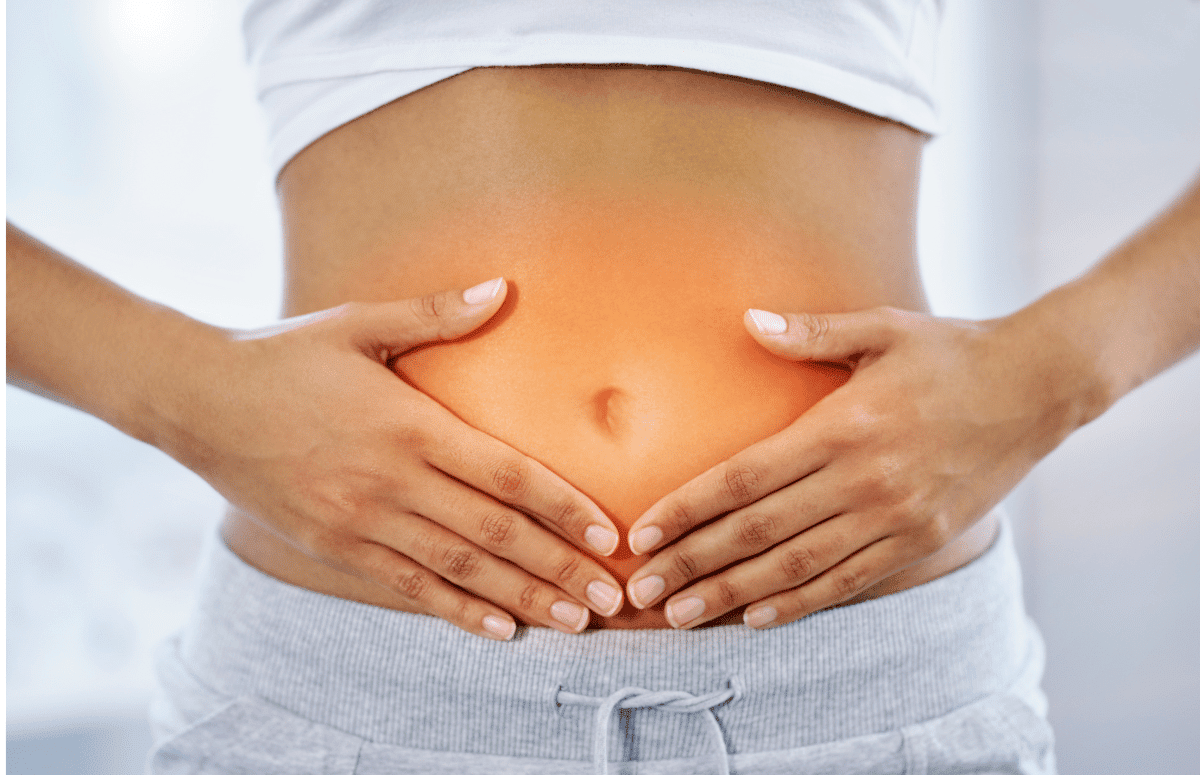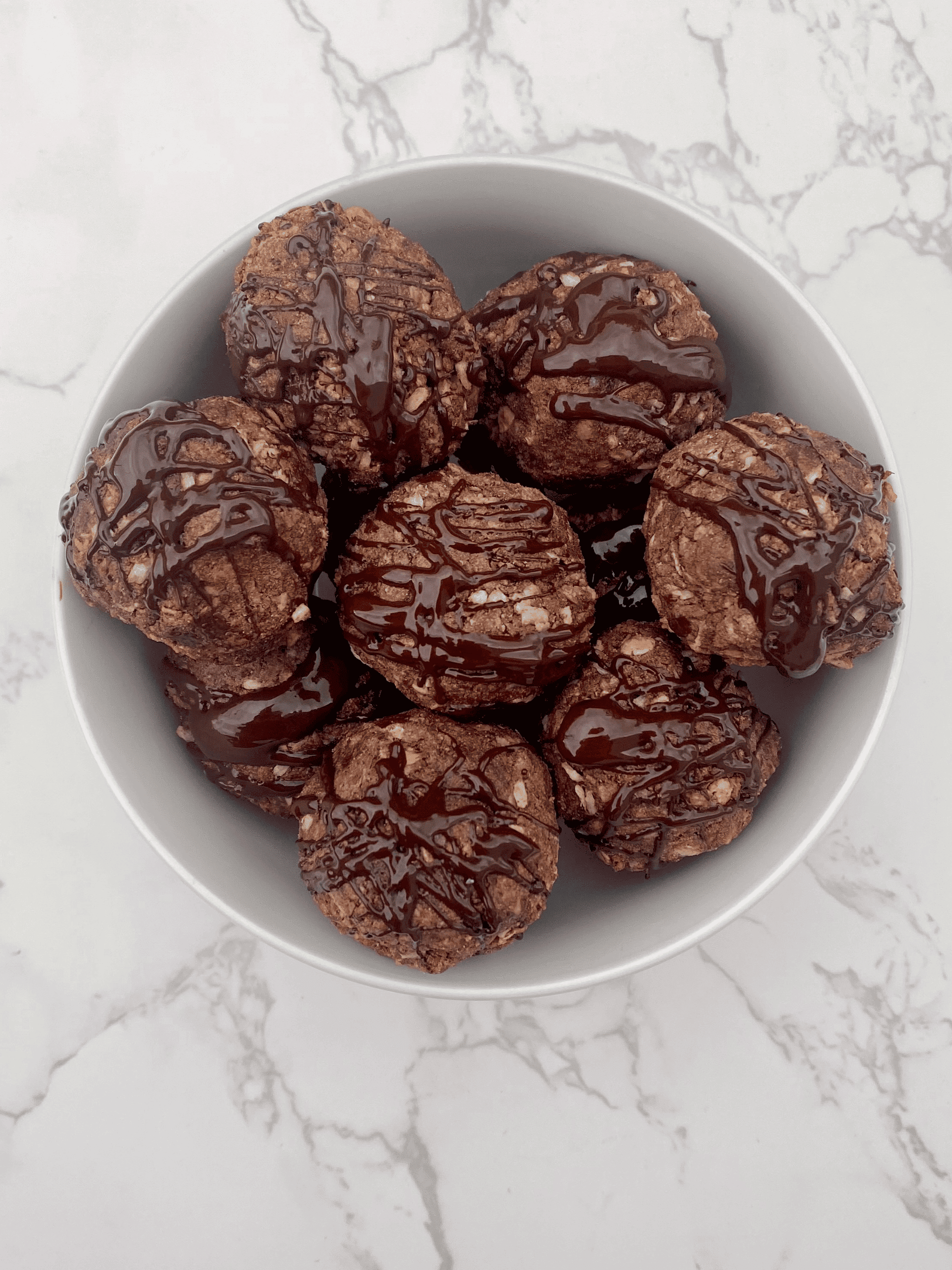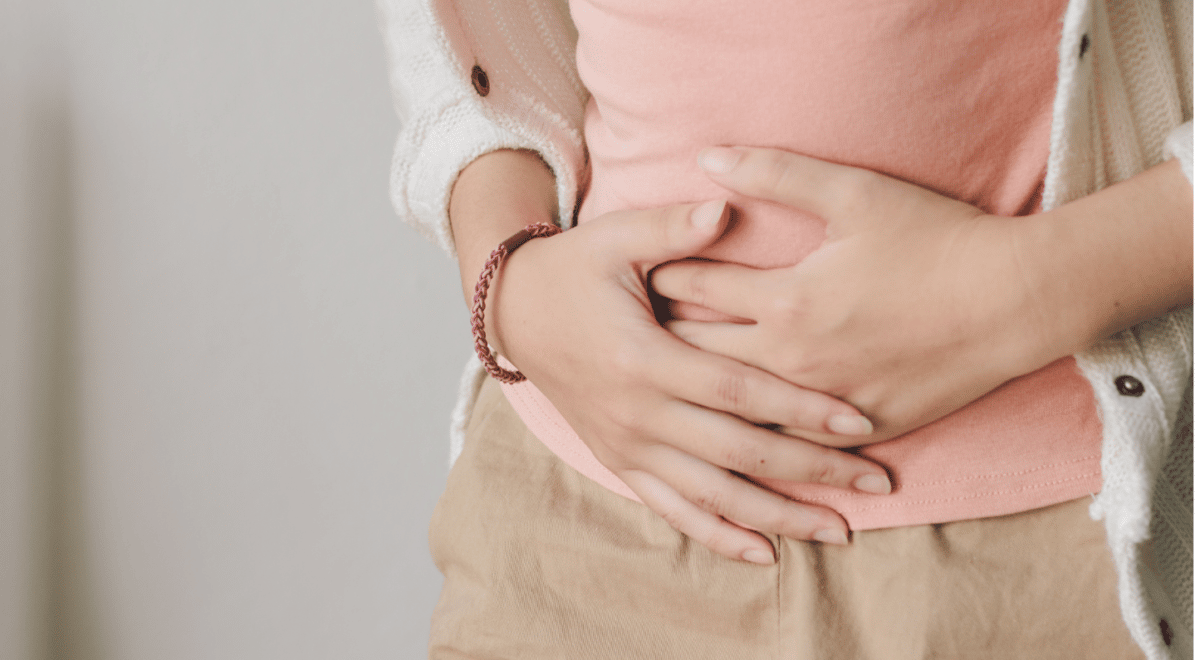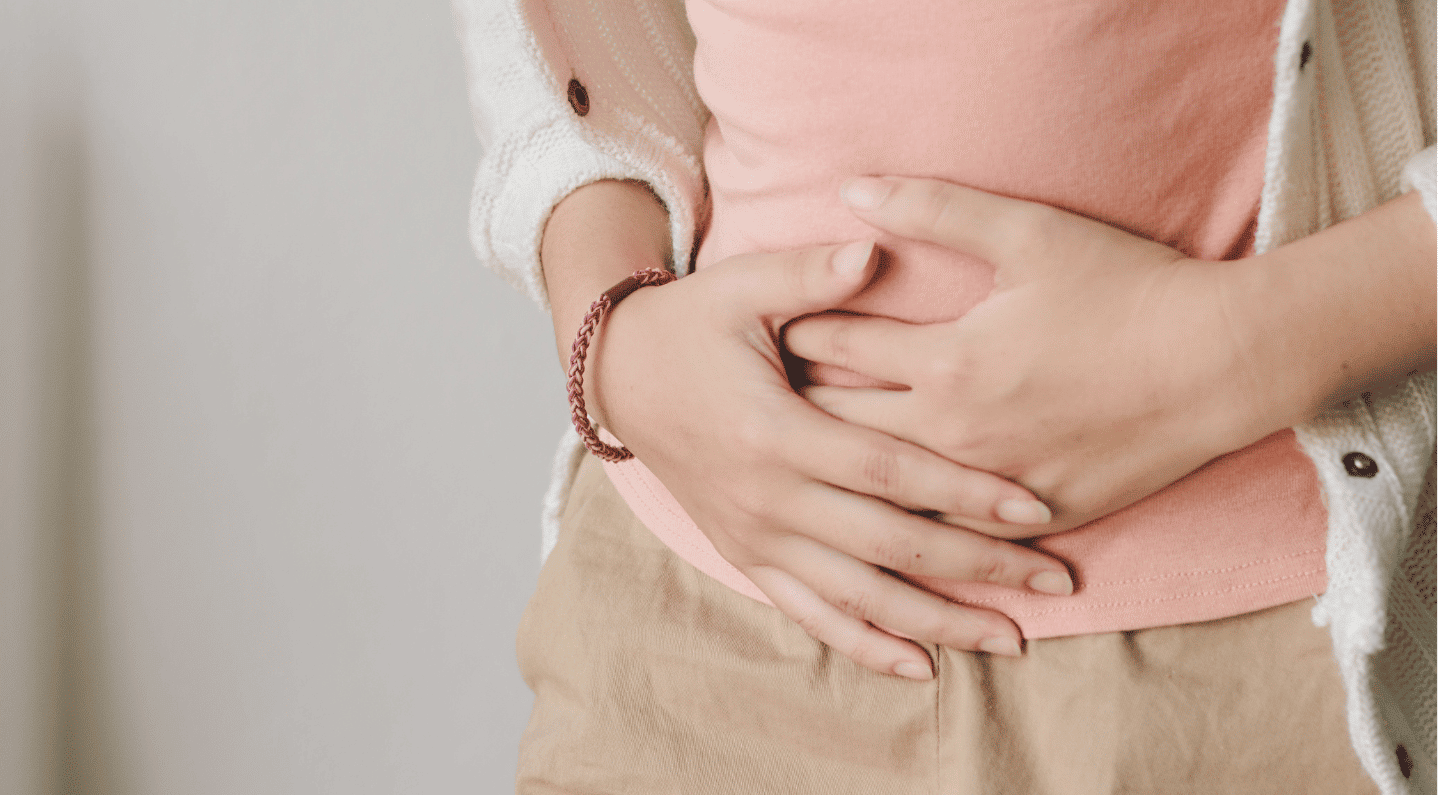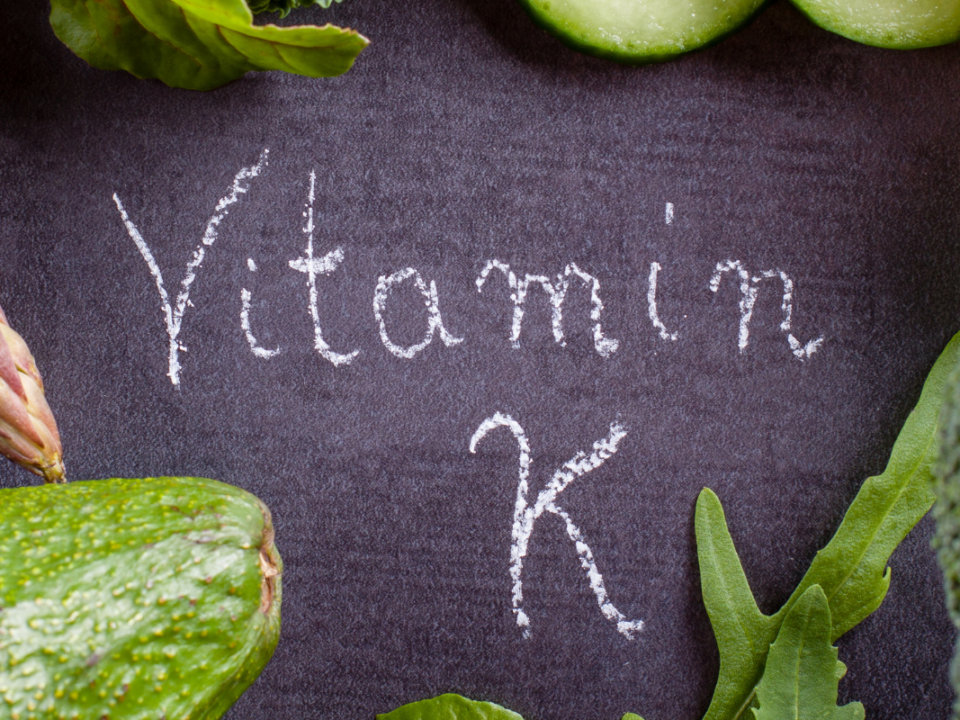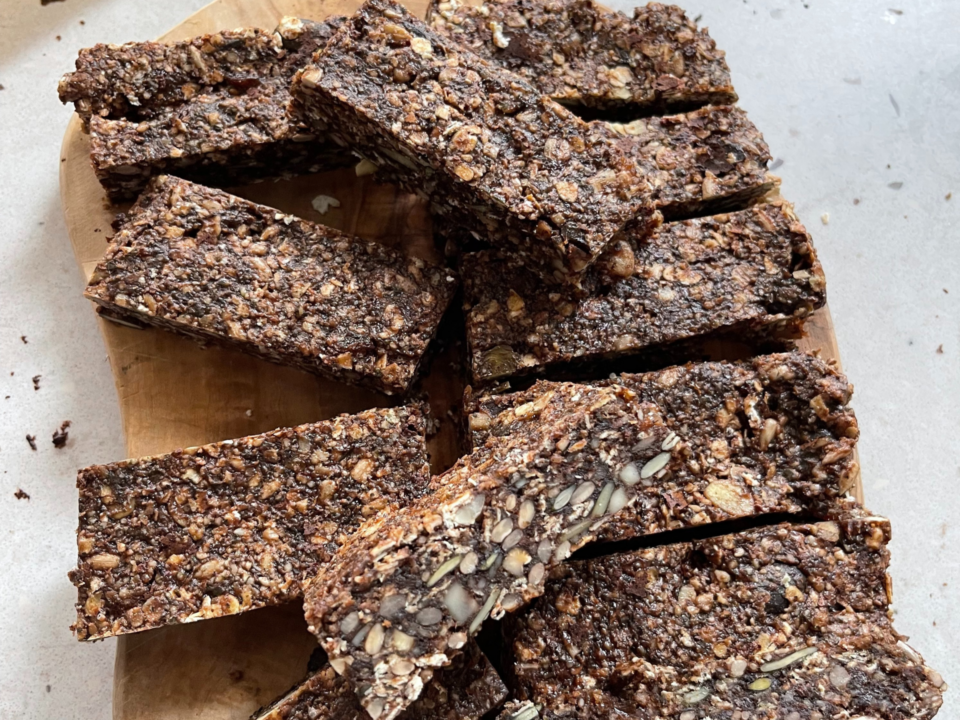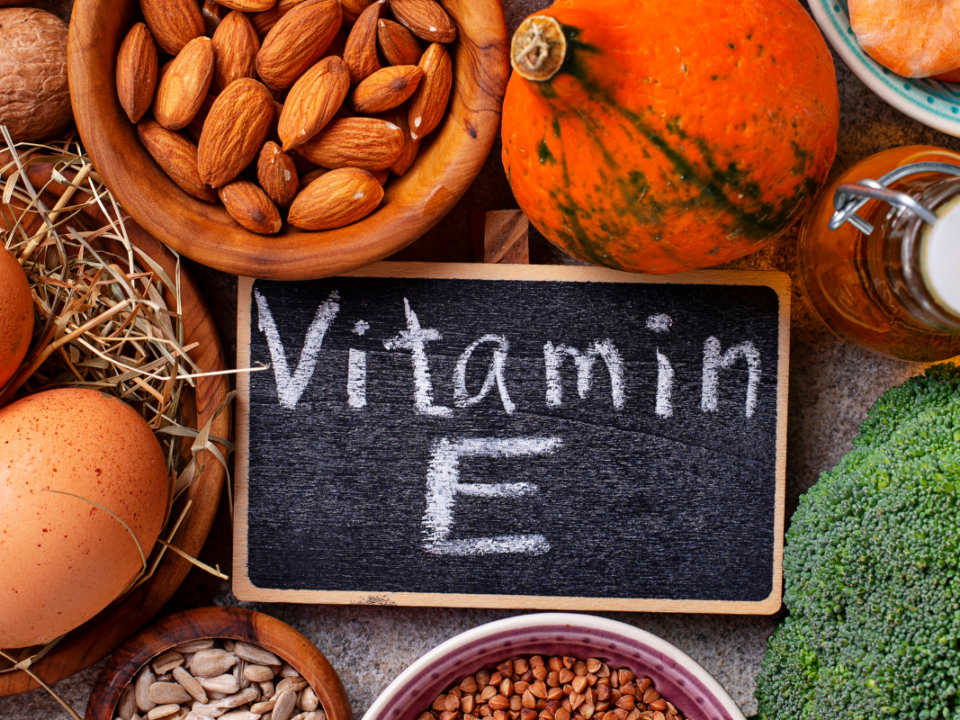What is bloating?
We have all felt bloated at some point in our lives, be it after your 7th spud on Christmas day or having your fill of birthday cake washed down by a can of something fizzy. That feeling of being gassy, full and maybe looking a little round in the tummy, isn’t the most enjoyable. For some of us this is normal and it will reduce in a matter of hours without much thought. For others, this will last much longer and may even occur without even consuming a great amount of food. This occurs in up to approximately 16 -31% of the general population, and in as many as 66-90% of individuals with Irritable Bowel Syndrome (IBS).
Abdominal bloating is when we have symptoms of trapped gas, fullness and pressure in our abdomen. It often (but not always) goes hand in hand with abdominal distension, which is when there is swelling and an increase in abdomen size. These are common side effects of functional gastrointestinal (GI) disorders like IBS, and functional dyspepsia or constipation.
What causes bloating?
Many people presume that bloating is caused by excess gas in the tummy however, it can be for a number of other reasons such as
- Constipation
- Water volume in small intestine
- Food intolerance
- Infection affecting gut microbiota
- Small Intestinal Bacterial Overgrowth (SIBO)
- Altered coordination or visceral hypersensitivity in the GI tract
- Sex hormones ie. progesterone and oestrogen
- Psychological factors ie. anxiety, depression, stress
Bloating is generally more common in women, although men are also affected. In addition, those with IBS-constipation report higher rates of bloating than those with IBS-diarrhoea.
The treatment for bloating depends on the etiology (cause) of it and when working with a health professional, such as your GP or Dietician, this should involve assessing the severity of the condition, receiving education and understanding of the condition as well as learning how to manage it as best as possible.
There are a number of therapeutic options available, some of which include dietary and lifestyle changes.
Before we get into what you can do to manage bloating, I want you to take a minute to answer these questions:

We have created a reflective resource that you can download and keep with you. Use this resource to regularly check in with yourself and identify what simple daily habits, may be contributing to your bloating. Download here:
-> daveynutrition Reflective resource – Identifying Bloating Triggers
Now let’s look at the importance of those questions and identify where you can make changes to your diet and lifestyle to improve your symptoms of abdominal bloating:
1. How do you eat?
It is not just what you eat, but the way that you eat it that matters too. Taking time to chew our food allows more enzymes to be released and the food to be further broken down into smaller pieces, putting less stress on the gut to break down the food. I we don’t chew our food properly, it makes it more difficult for our stomach and intestines to digest and can lead to bloating and gas from the undigested food that sit in the gut for longer. Also, by taking time to chew our food, this allows us to tune into our hunger levels and identify when we are satisfied, leaving us less likely to overeat. Avoid having a phone or anything that may distract or stress you out close to you whilst eating. Focus your attention on the food, how it tastes, the smells, and how it is making you feel.
How to implement this:
- Aim to chew each mouthful of food about 15 times before swallowing.
- Put the fork down between every couple of mouthfuls to check in with how full and satisfied you are feeling.
- Take some deep breaths before eating and again afterwards, before reaching for another serving.
2. What has fibre got to do with it?
Low fibre diets have been linked to GI disorders, reduced bowel function, cancer, diabetes, high blood pressure and cardiovascular disease. Consume adequate fibre in your diet – over 30g per day.
If your fibre intake has been low, gradually increase it over the course of a couple of weeks, not all at once. Dramatically increasing your fibre intake can lead to gut distress and further worsen your bloating and increase gas production in the digestive tract.
How can I add more fibre to my diet?
Fibre is essential for health but certain foods can be problematic for people and fibre close to intense exercise can lead to significant GI issues. There are some high fibre foods that have been linked to bloating, particularly in those who are more susceptible to it, foods such as lentils, cabbage, beans, garlic, and onion, although this is very individual. Become aware of what foods may be contributing to bloating, keeping a food diary may be helpful and if the condition is persistent, consider working with an experienced registered dietitian.
How to implement this:
- Adding a tablespoon of flaxseeds to your porridge in the morning.
- Aiming to consume 7+ portions of fruit and vegetables daily
- Including legumes, wholegrains, nuts and seeds in your diet

3. Is your diet helping or causing your bloating?
The food we eat provides us with energy and the opportunity to connect with friends and loved ones. However the food and drink we consume can also cause issues such as bloating for numerous reasons such as the way they react with our GI tract, gut microbiome, and how they are digested and pass through our digestive system.
Some foods that may negatively affect the gut include
- High fat, processed foods
- Sweeteners
- Coffee
- Carbonated beverages
In order to avoid the potential negative effects of these, there are a few simple practices you can implement where possible.
How to implement this:
- Cook from fresh instead of buying ready made meals or eating out. When you do so, you know exactly what is in your food, making it easier to identify what foods are causing your bloating. Cooking your own food is more likely to be higher in fibre and lower in fat and salt too.
- Limit coffee intake, particularly on an empty stomach
- Maintain a regular meal pattern. This will stimulate the gut frequently without putting too much pressure on it at one time.
4. What about water?
Fluid intakes, especially water, supports the transition of food bolus and waste through the digestive system. It also helps to soften our stool, making it easier to pass and relieving constipation, which can contribute to bloating. The general recommendation for an adult is 2L of water per day, this is increased in active individuals or athletes. This should be sipped gradually over the course of the day and consuming foods with a high water content such as fruit and vegetables will also contribute to your total fluid intake. A good rule of thumb is to monitor your urine colour, aiming for a pale straw colour, to ensure you are hydrated throughout the day.
Hydration – Fluid needs for health and sports performance
How to implement this:
- Sip, don’t gulp
- Eat fruit and vegetables with a good water content – melon, pineapple, cucumber, broccoli
- Aim for a pale straw urine colour
5. Is the volume a little high?
Consuming large volumes of food at one time puts your tummy under pressure to hold and digest a greater amount, often resulting in bloating and distension. It may also lead to a reduced total food/caloric intake that day, due to a prolonged feeling of fullness and discomfort.
By spreading your food intake out over the course of the day in smaller, more frequent portions, it will give your digestive system a chance to break down the foods more easily and under less stress. It will also provide you with a more steady supply of energy throughout the day.
How to implement this:
- Prepare snacks to have between meals
- Enjoy liquid meals such as smoothies or soup
- Consume energy & nutrient dense foods that will take up less space in your tummy
- Avoid sitting down to a meal when your are very hungry, to avoid overeating

6. Are you managing stress or is it managing you?
Stress is a physical and emotional reaction experienced in response to challenges in life. When under stress, the body will release hormones to stimulate the sympathetic nervous system aka the fight-or-flight response. Can you think of a time recently when you experienced stress? Did your heart start racing, your breathing became faster, your blood pressure increased leaving you feeling flushed and your muscles tensed? Does this sound familiar? Well this is short-term stress, it happens all of a sudden and feels intense at that moment.
Now think about what happens to the body if that stress is prolonged, over weeks, months or even years. It can play havoc on the digestive system, sleep, mood, relationships and mental health.
When we are stressed, cortisol is increased and digestion is not a priority, instead, the blood is flowing to other areas in our body, such as our lungs, our brain, and our arms and legs, preparing us to ‘fight’ or ‘flight’ when the suspected threat attacks. In today’s world, that could be brought on by an angry email, extra time in a game or standing up in front of a group of people. It is important that we tap into our ability to switch off this response and bring ourselves back to a relaxed state, allowing cortisol levels, heart rate and blood flow to return to normal. This is important for bloating because high cortisol levels in the gut can impact blood flow, reduce motility and disrupt the gut microbiome.
Stress can lead us into a vicious cycle with bloating. The gut discomfort can make us more sensitive to stress and the more aware we are of this can further heighten our stress levels and further worsen our bloating. Breathing practices are an excellent way of managing stress before sitting down for a meal. Shallow breathing can contribute to the fight or flight response in the body. When we take deep belly breaths, we activate the diaphragm and the vagus nerve which connects the gut to the brain (the gut-brain axis). This helps us to shift from the fight or flight state, to the rest and digest state (Gerritsen & Band 2018).
Other helpful practices proven to be effective:
- Meditation – The Headspace App
- Mindfulness – GABA – Hosted by Adam Martin
- Yoga – Downward Dog Yoga Centre
7. Is your body moving?
Most of us are aware that being physically active has a multitude of benefits to our physical health – reducing our risk of and management of noncommunicable diseases including diabetes, numerous cancers, heart disease, stroke. Physical activity includes any movement that involves the skeletal muscles and requires energy and both moderate to vigorous physical activity can have positive effects on our health. For an adult aged 18-64 it is recommended to do at least 30 minutes of moderate intensity activity each day.
Getting out for a walk for just 10-15 minutes after eating a meal has been shown to improve symptoms of abdominal discomfort and bloating as well as belching and flatus. (Hosseini et al., 2021). Even light physical activity has been shown to improve clearance through the GI tract and reduce symptoms of bloating (Villoria et al., 2006). For an adult aged 18-64 it is recommended to do at least 30 minutes of moderate intensity activity each day. Exercise and your mental health – HSE.ie , Physical Activity Guidelines – HSE.ie.
It is important to note however that engaging in high-intensity exercise with a full tummy may lead to symptoms of gut distress. Understanding the role of meal timing, and the type of foods you are consuming around exercise can be a key strategy when it comes to abdominal bloating and other GI-related complaints. To learn more about nutrition around exercise for GI issues, we recommend reading the following articles:
Part 1 – Causes of Gastrointestinal issues in Athletes
Part 2 – Gastrointestinal Issues in Athletes – Management Strategies
We at daveynutrition we are firm believers in the importance of exercise not only for physical health but for our mental well being too. Engaging in regular exercise offers psychological benefits as well as physical benefits. Exercise is a great way of socialising and reducing stress and is also shown to improve sleep, quality of life and regulate stress and sex hormones. There are many different ways to exercise and be physically active, it is about finding what you enjoy and what you can be consistent with.
How to implement this:
- Go for a short walk after main meals
- Join a local club or try a new sport
- Attend a yoga or Pilates class
8. What will you have to drink?
Having a glass of wine on a Friday evening or a pint in the local with your mates is not likely to put your health at risk, however for those who suffer from bloating, it may be best to swap the wine for water or at least ensure you are consuming alcohol in moderation and not too frequently.
High alcohol consumption has been shown to worsen GI symptoms , particularly in individuals with IBS (Reding et al., 2013). Alcohol can increase the amount of acid in your stomach, irritating the stomach lining. High intakes of alcohol consumption can lead to heartburn, gastritis and ulcer, and inflammation in the stomach lining can prevent you from absorbing nutrients from food.
Furthermore, alcohol intake may have knock-on effects on other areas that impact bloating such as stress levels, sleep quality, hydration and food choices.
If choosing to consume alcohol, there are a number of things you can do that may help to manage your symptoms.
How to implement this:
- Drink alcohol in moderation
- Avoid drinking alcohol on an empty stomach
- Drink plenty of water before, during and after
- Choose drinks with lower add sugars like vodka, gin, whiskey or dry wine
- Avoid beer, carbonated drinks and highly fermentable drinks such as IPA’s
- Avoid alcohol in times of stress or when experiencing abdominal bloating
- Prioritise sleep, hydration, physical activity and making good food choices after consuming alcohol
9. How did you sleep last night?
Sleep is often overlooked when it comes to our health and performance.
It is recommended that we get between 7-8 hours of good quality sleep per night. If we are not getting enough sleep, it can also contribute to higher stress levels, poorer food choices, impared digestion, anxiety, depression and reduced physical activity. All of which may affect bloating.
Sleep – A critical Daily Investment for Health and Performance
How to implement this:
- Keep your sleep-wake cycle consistent
- Dim the lights an hour before bed
- Have a calming night time routine
- Avoid stimulants such as caffeine or nicotine within 8 hours of bedtime
- Avoid eating a large meal too close to bedtime
- Limit alcohol intake if having trouble sleeping
10. Is your gut hungry?
Feed your gut to restore it’s natural balance of bacteria. Probiotics can be found in fermented foods like kimchi, kefir, sauerkraut or live yoghurt. They have the potential to improve symptoms of bloating by improving the gut microbiome and function (Leeuwendaal et al., 2022).
A probiotic supplement may also be of benefit. Consider asking your healthcare professional or Dietician for advice before supplementing.
How to implement this:
- Add kefir or live yoghurt to your smoothies
- Chose kefir and yoghurts with no added sugars
- Add a spoon of kimchi or sauerkraut to sandwiches, salads or pasta dishes
Now let’s refer back to the questions that you answered earlier and this time, make a plan for how you can improve on your current diet and lifestyle habits.

Don’t forget to download and refer back to the daveynutrition Reflective resource for identifying bloating triggers
You can book a consultation with one of our experienced nutritionists here –
When to see a GP
You have been bloated for 3 weeks or more
Regularly bloated (12 or more times per month)
Lifestyle and dietary changes have not improved your symptoms
Other symptoms such as nausea, diarrhoea, constipation, weight loss or blood in your stool
Your symptoms are impacting your quality of life
Our favourite recipes for gut health
Tummy Loving Chia Pudding – Parmesan Chicken and Pear Salad – Berry Happy Kefir Smoothie – Tofu and Mixed Bean Chili
Further reading on daveynutrition.com
Part 1 – Causes of Gastrointestinal issues in Athletes
Part 2 – Gastrointestinal Issues in Athletes – Management Strategies
References
Lacy, B. E., Cangemi, D., & Vazquez-Roque, M. (2021). Management of Chronic Abdominal Distension and Bloating. Clinical gastroenterology and hepatology : the official clinical practice journal of the American Gastroenterological Association, 19(2), 219–231.e1. https://doi.org/10.1016/j.cgh.2020.03.056
Böhn, L., Störsrud, S., Liljebo, T., Collin, L., Lindfors, P., Törnblom, H., & Simrén, M. (2015). Diet low in FODMAPs reduces symptoms of irritable bowel syndrome as well as traditional dietary advice: a randomized controlled trial. Gastroenterology, 149(6), 1399–1407.e2. https://doi.org/10.1053/j.gastro.2015.07.054
Staudacher, H. M., Whelan, K., Irving, P. M., & Lomer, M. C. (2011). Comparison of symptom response following advice for a diet low in fermentable carbohydrates (FODMAPs) versus standard dietary advice in patients with irritable bowel syndrome. Journal of human nutrition and dietetics : the official journal of the British Dietetic Association, 24(5), 487–495. https://doi.org/10.1111/j.1365-277X.2011.01162.x
Drossman DA, Morris CB, Schneck S, Hu YJ, Norton NJ, Norton WF, Weinland SR, Dalton C, Leserman J, Bangdiwala SI. International survey of patients with IBS: symptom features and their severity, health status, treatments, and risk taking to achieve clinical benefit. J Clin Gastroenterol. 2009 Jul;43(6):541-50. doi: 10.1097/MCG.0b013e318189a7f9. PMID: 19384249; PMCID: PMC2700202.
Gerritsen RJS, Band GPH. Breath of Life: The Respiratory Vagal Stimulation Model of Contemplative Activity. Front Hum Neurosci. 2018 Oct 9;12:397. doi: 10.3389/fnhum.2018.00397. PMID: 30356789; PMCID: PMC6189422.
Konturek, P. C., Brzozowski, T., & Konturek, S. J. (2011). Stress and the gut: pathophysiology, clinical consequences, diagnostic approach and treatment options. Journal of physiology and pharmacology : an official journal of the Polish Physiological Society, 62(6), 591–599.
https://www.nccih.nih.gov/health/stress
Hosseini-Asl, M. K., Taherifard, E., & Mousavi, M. R. (2021). The effect of a short-term physical activity after meals on gastrointestinal symptoms in individuals with functional abdominal bloating: a randomized clinical trial. Gastroenterology and hepatology from bed to bench, 14(1), 59–66.
Ruegsegger, G. N., & Booth, F. W. (2018). Health Benefits of Exercise. Cold Spring Harbor perspectives in medicine, 8(7), a029694. https://doi.org/10.1101/cshperspect.a029694
https://www.who.int/news-room/fact-sheets/detail/physical-activity
Hosseini-Asl, M. K., Taherifard, E., & Mousavi, M. R. (2021). The effect of a short-term physical activity after meals on gastrointestinal symptoms in individuals with functional abdominal bloating: a randomized clinical trial. Gastroenterology and hepatology from bed to bench, 14(1), 59–66.
Reding, K. W., Cain, K. C., Jarrett, M. E., Eugenio, M. D., & Heitkemper, M. M. (2013). Relationship between patterns of alcohol consumption and gastrointestinal symptoms among patients with irritable bowel syndrome. The American journal of gastroenterology, 108(2), 270–276. https://doi.org/10.1038/ajg.2012.414
Leeuwendaal, N. K., Stanton, C., O’Toole, P. W., & Beresford, T. P. (2022). Fermented Foods, Health and the Gut Microbiome. Nutrients, 14(7), 1527. https://doi.org/10.3390/nu14071527
Villoria, A., et al., Physical activity and intestinal gas clearance in patients with bloating. Am J Gastroenterol, 2006. 101(11): p. 2552-7.
https://www.nccih.nih.gov/health/stress

